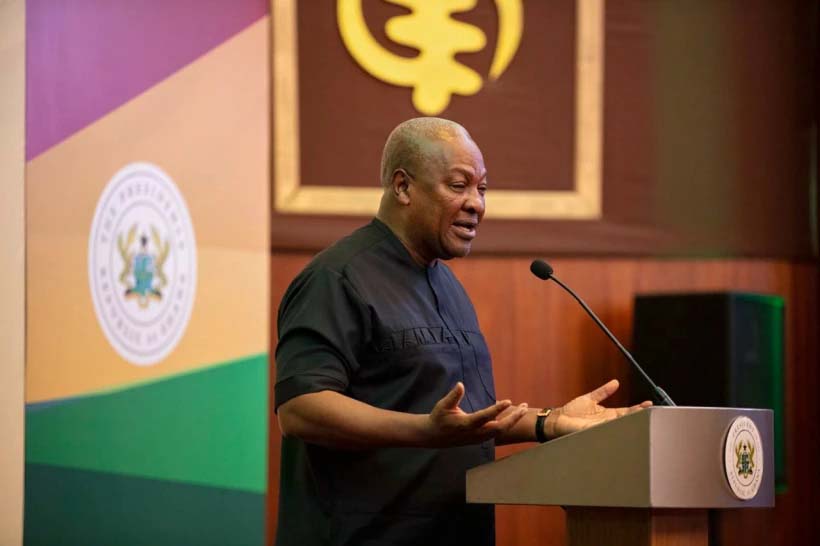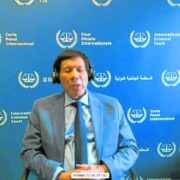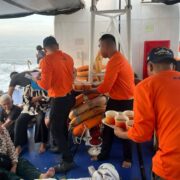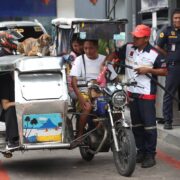Some US deportees still being held in Ghana

DAKAR, Senegal—At least 11 of the 14 immigrants deported by the United States to Ghana are still being held in the West African nation, the deportees and their lawyers told The Associated Press (AP) on Wednesday, contradicting claims from Ghanaian authorities that the deportees have been sent to their home countries.
Three of the deportees spoke to AP of the “terrible” conditions under which they are being held at a military camp, the Bundase camp, on the outskirts of Ghana’s capital, Accra. They said the 11 deportees still in Ghana include four Nigerians, three Togolese, two Malians and one each from Gambia and Liberia.
A group of 14 immigrants was first deported by the United States to Ghana on Sept. 6, the deportees said, speaking to AP on the phone on the condition of anonymity for fear of their safety. The AP could not independently verify their current location.
Confusion
At least one of the 14 has returned to Gambia, his home country, according to his lawyer and US court filings. Two others are believed to have been sent to their home country of Nigeria, the Gambian said in a declaration filed in court. He said the three of them were separated from the rest upon their arrival at the airport in Accra.
The claims of the deportees that they are still being held in Ghana contradict that of Ghana’s presidential spokesperson Felix Kwakye Ofosu, who on Tuesday told AP that all 14 deportees had been sent to their home countries. The Ghanaian government previously said the 14 deportees were all Nigerian besides one Gambian.
Ofosu did not immediately respond to AP’s inquiry on Wednesday.
The confusion surrounding the deportations reflects the dizzying pace at which the Trump administration has moved ahead with its immigration priorities, which lawyers say has come at the cost of immigrants’ legal rights and sometimes puts their safety at risk.
Brutal deportation
In interviews with AP, the deportees said they were not told by US authorities why they were being deported. They said some of them had already spent between 7 months and a year in US detention and that some had won their immigration cases. The AP could not independently verify their court records.
They also narrated a brutal deportation process during which some of them were handcuffed and put in a straitjacket on their flight to Ghana.
“Some of us are getting sick and have malaria due to bad water and bad food,” one of the deportees said of their condition at the military camp where they said they are being held, identifying himself as a Nigerian who had lived in the United States for 12 years.
“They said nothing. Nobody said anything about why they are deporting me or where they were sending me,” said the Togolese among them, 28.
‘Hands tied’
US lawyers argued in court that the deportations to Ghana were an attempt by the Trump administration to evade US immigration laws that prevent some of the men with legal protections from being returned to their home countries where their well-being could be at risk. A US judge said despite the legal protections, her “hands are tied” once the migrants are in Ghana.
Meredyth Yoon, lawyer who represents four of the deportees who remain in Ghana and litigation director at the Asian Americans Advancing Justice, told AP that her clients’ safety is at risk.
“They are afraid that the reason the Ghanaian government is insisting that they are not in the country is because they are afraid something will happen to them,” said Yoon.
The Trump administration’s deportation program has faced widespread criticism from human rights experts who cite international protections for asylum-seekers and question whether immigrants will be appropriately screened before being deported.

















